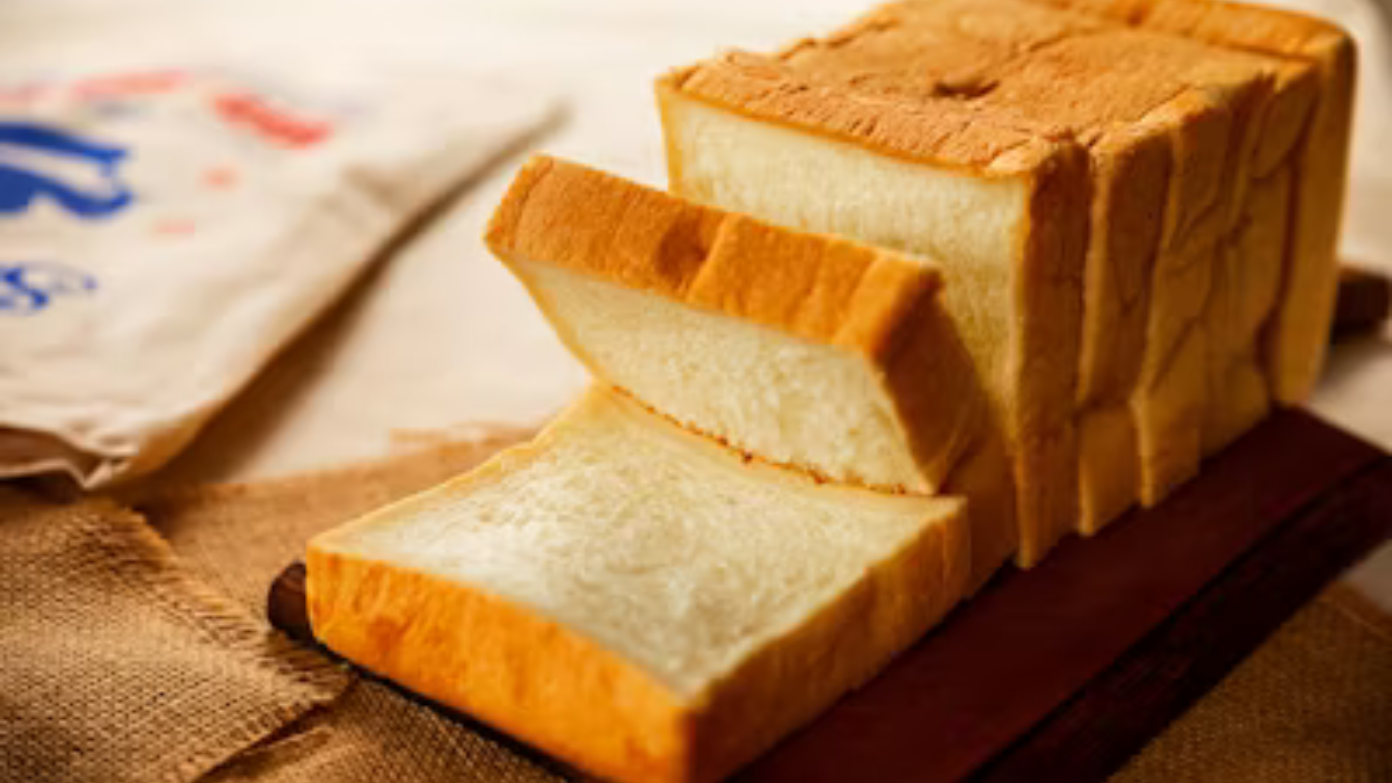In a landmark decision, Ontario Superior Court Judge Ed Morgan approved a $500 million settlement in May 2025 to settle claims that Loblaw Companies Limited and George Weston Limited conspired for decades to set bread prices nationwide. The “fair and reasonable” settlement, approved by the court, is the largest-ever consumer compensation deal in Canadian history. You can receive a payment even if you don’t have your receipts if you purchased packaged bread from 2001 to 2021. Read on for how to claim your payout.
Learning about the bread price-fixing scandal
The class-action suit claimed that Loblaw, George Weston, and other large grocery store chains colluded to raise the price of packaged bread artificially by more than 14 years. The companies, it appeared from company records, collectively agreed on weekly increases of as much as $1.50 per loaf, unfairly impacting low-income families. Loblaw and George Weston took responsibility and agreed to settle, but other defendants—such as Sobeys, Metro, Walmart, and Giant Tiger—still deny the charge.
The $500 million deal consists of $404 million direct payment by Loblaw and George Weston, funded with an additional $96 million by a 2018 gift card promotion Loblaw launched in an act of goodwill. The settlement is restitution to consumers by Judge Morgan’s terms, with 78% distributed among Canadians beyond Quebec and 22% among Quebecers.
Eligibility requirements for compensation
Nearly all Canadians who purchased packaged bread from January 1, 2001, to December 31, 2021, qualify for payment. They include:
- Residents elsewhere than in Quebec: Individuals who purchased bread that was being sold by Loblaw or George Weston.
- Residents of Quebec: Individuals who purchased one or more packaged bread items during the 20-year period.
Notably, claimants do not need receipts to participate. Lawyers for the plaintiffs confirmed that eligibility will be based on a simple declaration of purchase history. This approach acknowledges the impracticality of retaining grocery receipts over two decades.
How to file a claim
While the claims process is not yet open, eligible individuals must proactively submit a form once the window launches:
- Ontario and other provinces: Visit canadianbreadsettlement.ca to access the claim portal.
- Quebec residents: Register on the special website at reglementpainquebec.ca.
Both websites are now giving individuals the opportunity to subscribe to email notice of important deadlines. Lawyers advise subscribing for notice, since the period for bringing a claim is anticipated to be short.
Payout amounts and adjustments
Payout amounts will depend on two factors:
- Gift card history: Those who failed to redeem Loblaw’s 2018 $25 gift card will get up to $25. Card recipients will see the amount deducted from their last payment.
- Total claimants: If the number of claims is greater than anticipated, pay-outs per person can be reduced proportionally.
After deducting legal charges and administration expenses, whatever is left will be distributed proportionally to claimants whose claims are approved. Lawyers predict that even with massive turnout, everyone will receive at least $15–$20.
Key deadlines and what to expect
- May 30, 2025: Quebec residents have until this date to opt-out of the settlement if they want to pursue individual court proceedings.
- June 16, 2025: The Quebec Superior Court will hold a final hearing of approval of the province component of the settlement.
Following the approval of both settlements by the courts, administrators will open claims processing and send email notice to eligible Canadians, media advertising, and retailer communication. Payments will start in early 2026, subject to procedural delays.
Implications for consumer rights
This instance points to mounting pressure on Canada’s food industry, where 35% of market share is held by Loblaw. In a public apology, Loblaw admitted that price-fixing “has no place in the grocery industry” and committed to stepping up compliance practices. Critics say the $25 limit on settlements falls short of a proper reflection of the aggregate financial burden to families, projected by some economists at $400 per household over 20 years.
Meanwhile, concerned consumers can check official settlement sites and stay away from third-party agencies claiming to offer fast claims. Attorney Jay Strosberg wrote, “This is a historic opportunity for Canadians to hold corporations accountable—don’t miss your chance to participate”.
Read more: These are the CosMc’s locations that McDonald’s will soon close in San Antonio – Check the locations and restaurants that will close in 2025
Read more: Final goodbye to free checked bags: policy change at major airline takes effect as of now

